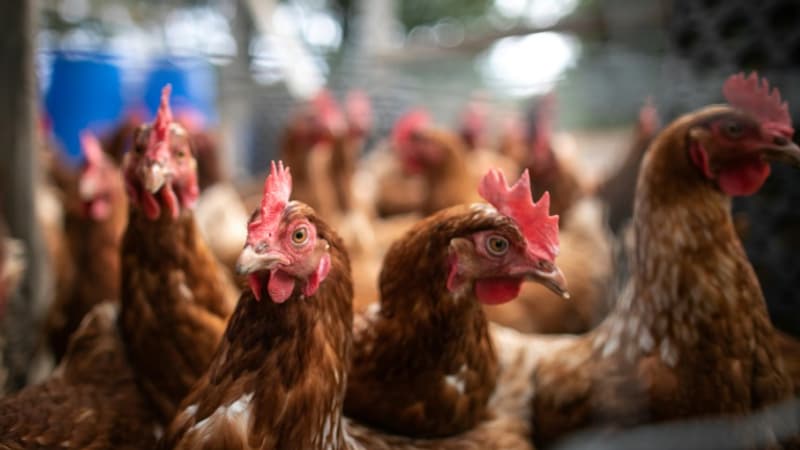In the face of an unprecedented health crisis, poultry farmers need peace of mind. In recent months, tens of millions of poultry have been slaughtered in Europe, but also in the United States to prevent the spread of a virus that has become endemic. In France, in the first half alone, more than 20 million animals had to be slaughtered.
Today, poultry farmers, especially in Pays de la Loire and in the South West, are experiencing a second wave. After the confinement of the farms, the solution advocated by the FNESA, the main agricultural union, or even the French Poultry Confederation, is vaccination.
This Thursday, in the Vendée, the Minister of Agriculture, Marc Fesneau, planned to “present to the actors of the sector and to local elected officials an action plan aimed at developing a vaccination strategy.” This plan, specifies the ministry’s press release – “a plan designed with health agencies, administrations and inter-professions” – is “in the process of being finalized”. In fact, professionals in the sector expect him to specify his vaccination strategy and establish a schedule.
“We need a political act”
They are also pushing for the authorities to finally give the green light in January so that laboratories can start producing the vaccine. Tests and discussions are taking place at the European level with the aim of harmonizing vaccination policy. For Joël Limouzin, vice president of the FNSEA and president of the Vendée Chamber of Agriculture, there must be “a political act” quickly, to produce the doses and be able to vaccinate starting next summer.
The poultry industry in France represents no less than 150,000 jobs. After the first wave of the epidemic, last spring, several breeders decided not to undertake a new breeding cycle, so as not to have to suffer a new episode of the epidemic. Their buildings are empty and they have no more income.
That is why they also expect the Minister of Agriculture, this Thursday, to clarify the terms of the compensation. So far, the state has put more than a billion euros on the table to help poultry farmers get through the crisis, but according to the unions, some payments are slow in coming.
Source: BFM TV


